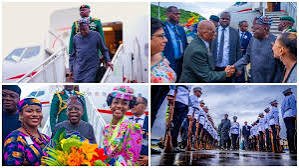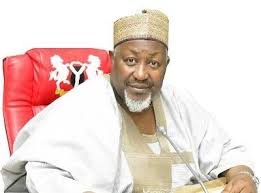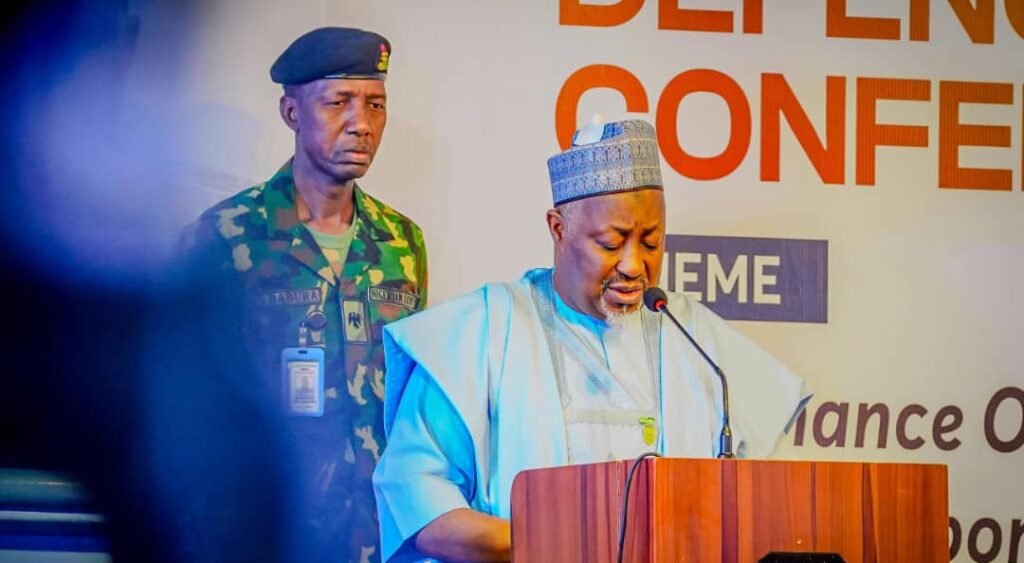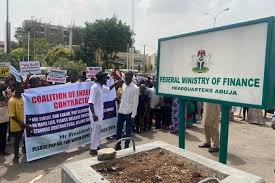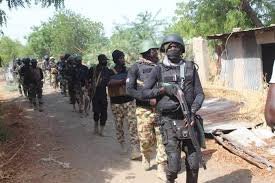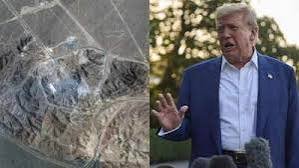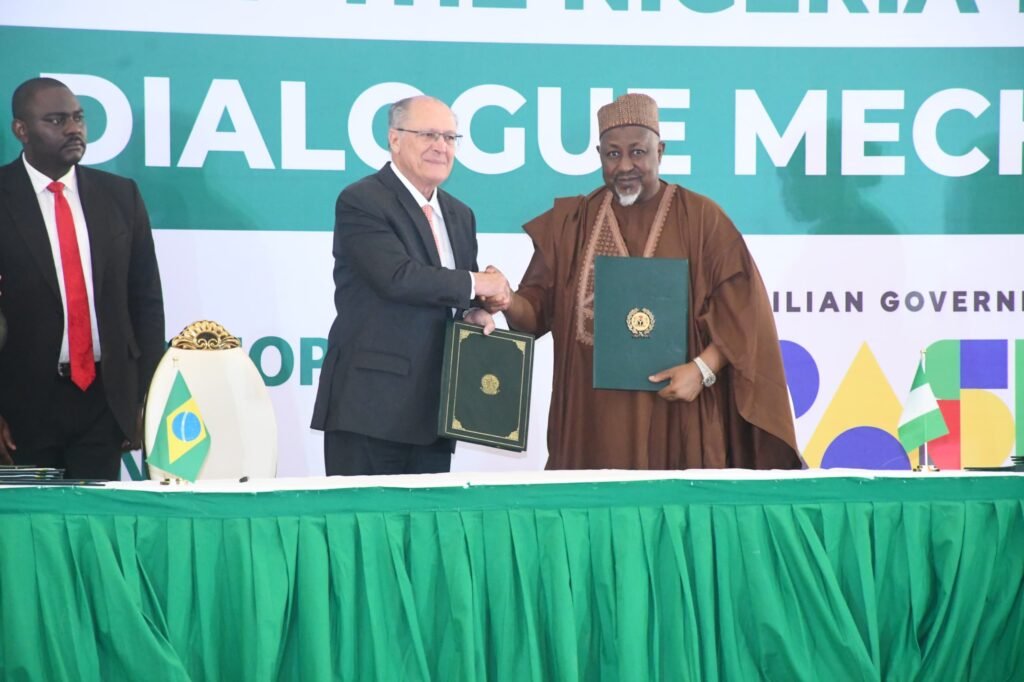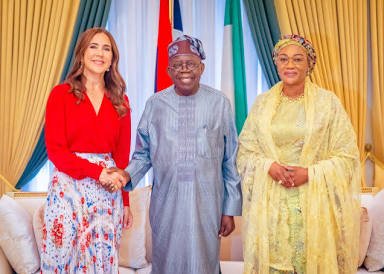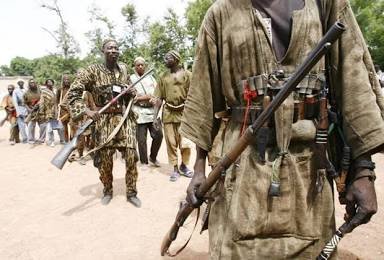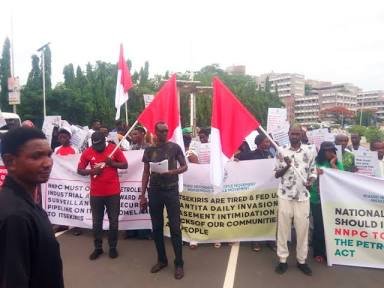US TRAVEL BAN LOOMS OVER NIGERIA’S WORLD CUP DREAMS
Nigeria’s participation in the 2026 World Cup in the United States may be threatened due to a potential travel ban imposed by the US government. President Donald Trump’s administration is considering restricting entry to citizens of 36 countries, including Nigeria, Africa’s most populous country with over 200 million people. According to a State Department memo signed by Secretary of State Marco Rubio, the countries have 60 days to meet new benchmarks established by the department. Failure to comply may result in visa limitations or entry bans. The memo cites concerns over weak identity systems, high visa overstay rates, government corruption, and citizenship-by-investment schemes with minimal residency requirements. The proposed restrictions are part of a broader executive order targeting countries with high instances of terrorism threats, visa overstays, or unreliable identity verification systems. Trump framed the measure as a necessary national security step, saying, “Very simply, we cannot allow open migration from any country where we cannot safely and reliably vet and screen those seeking to enter the United States.” The list of affected countries includes 25 African nations, several Caribbean countries, Central Asian states, and Pacific Island nations. Other countries that may face restrictions are: – *African Countries:* – *West Africa:* Nigeria, Ghana, Liberia, Mauritania, Niger, Senegal, Sierra Leone is not mentioned but some countries in this region are included – *East Africa:* Ethiopia, Djibouti, Tanzania, Uganda – *Southern Africa:* Angola, Zambia, Zimbabwe – *Caribbean Countries:* – Antigua and Barbuda – Saint Kitts and Nevis – Saint Lucia – *Central Asian and Pacific Island Nations:* – Kyrgyzstan – Tonga – Tuvalu – Vanuatu The African Union has expressed strong opposition to the proposed bans, urging the US to engage in constructive dialogue with the concerned nations. The AU emphasized that such measures could negatively impact people-to-people ties, educational exchange, commercial engagement, and broader diplomatic relations.



